
Medical Advice: Flu in Delhi
Since December 2022 Delhi and National Capital Region (NCR) are witnessing a massive increase in Respiratory Tract Infections and after investigation, in most cases, it has been found to be influenza A, H3N2, commonly known as Flu. However, some cases of H1N1 and other respiratory viruses are also being reported. Influenza A H3N2 infection is more severe than A H1N1 or B in terms of fever, leukopenia, and C-reactive protein.
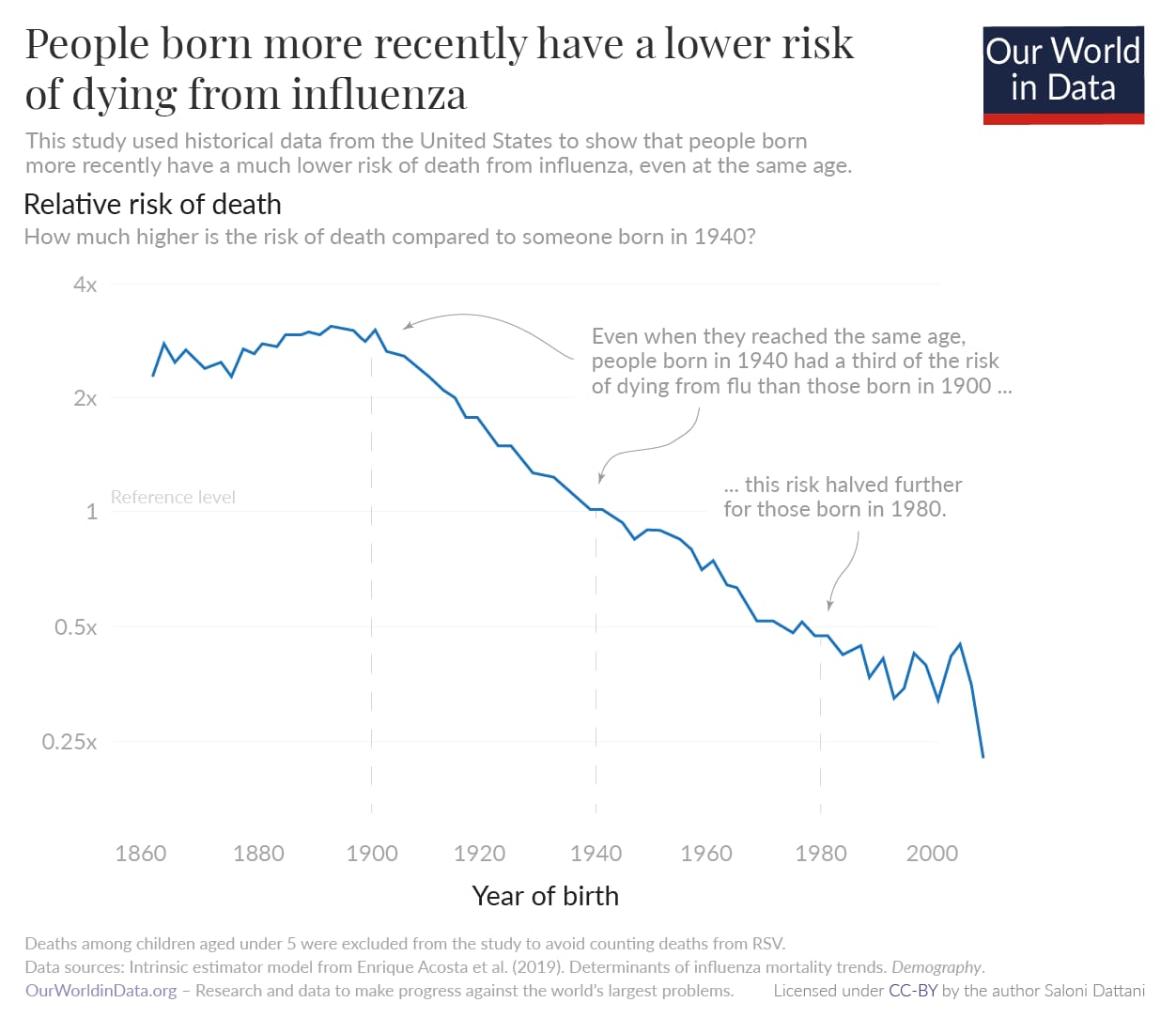
Though the virus is affecting people of all age groups, it is affecting children the most. Symptoms like fever, cough, runny nose/blocked nose, body ache, and headache are seen in most of the patients.
It is making people more miserable than the common cold. Recovery is taking more than a week to 10 days. In some cases, even more.
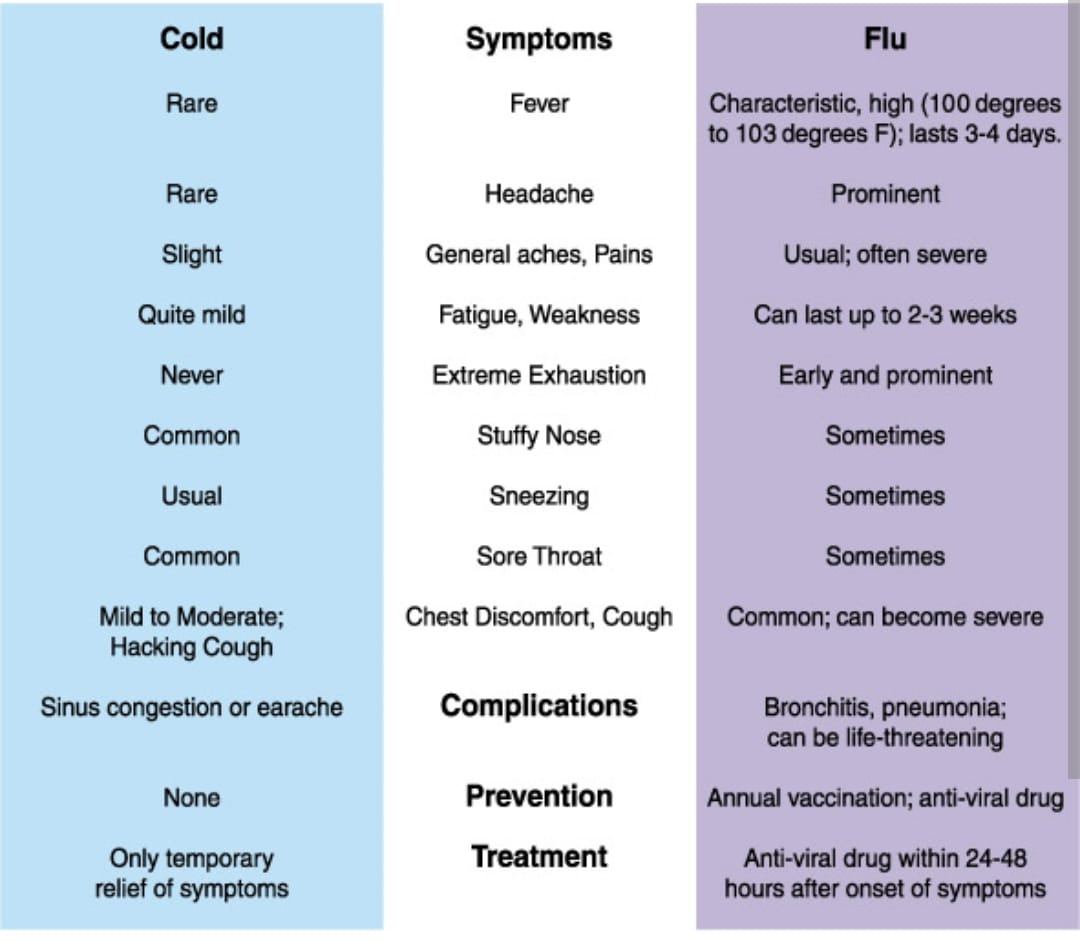
Influenza is contagious. It is transmitted by droplet infection when the patient coughs or sneezes. People can spread the virus to others up to six feet away when they cough or sneeze. People with flu are most contagious in the first 3-4 days after the illness begins.
Who are at higher risk of Flu?
Anyone can get the influenza (even healthy people), and complications of the flu can happen at any age. Still, some people are at higher risk of developing serious flu-related complications.
- People 65 years and older
- People of any age with certain chronic medical conditions (such as asthma, diabetes, or heart disease)
- Pregnant people
- Children younger than 5 years
How to prevent Flu?
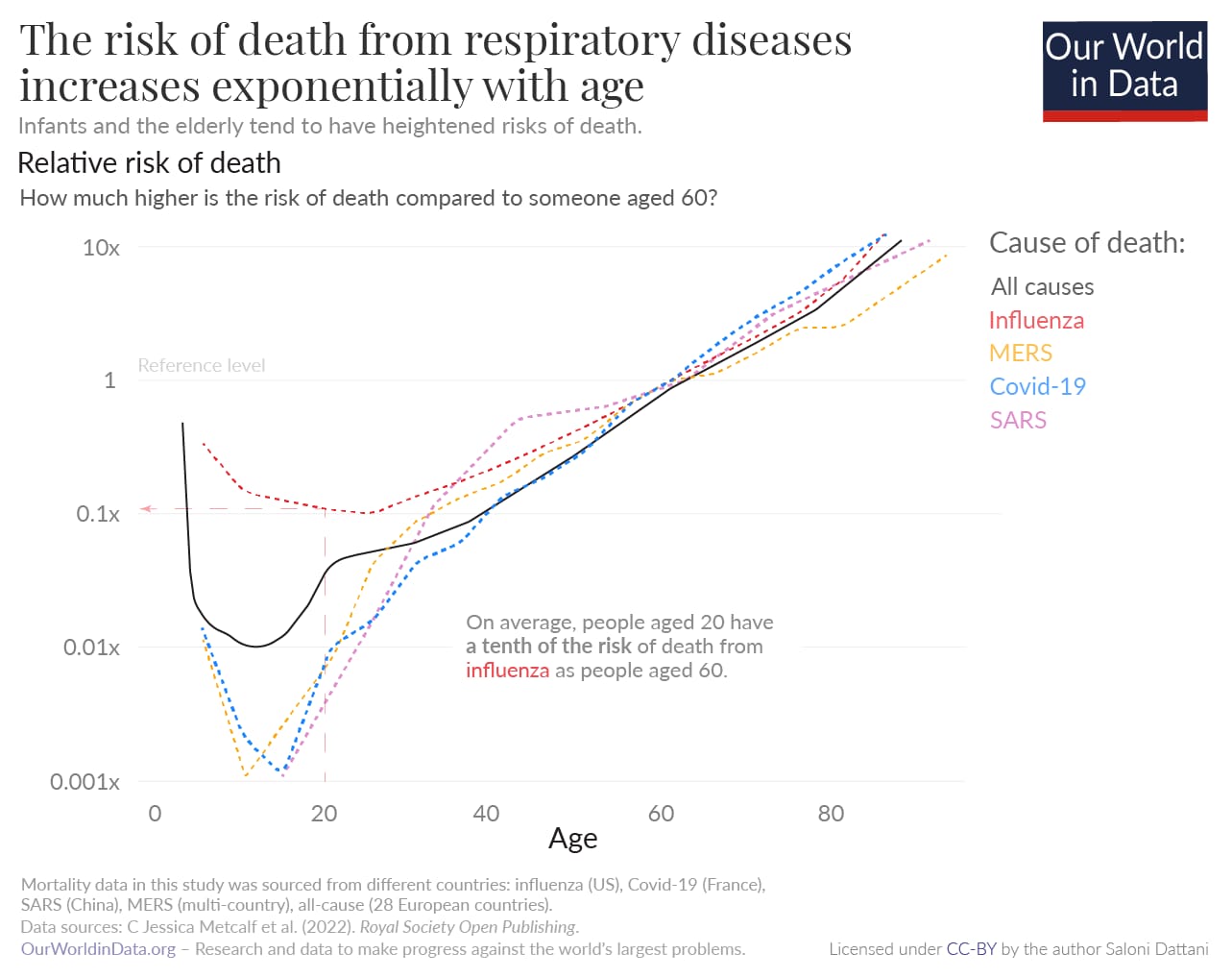
The influenza vaccine is the most effective option to prevent Influenza. Available as InfluvacTetra® and FluQuadri® single dose pre-filled syringe.
Influenza vaccines are safe for everyone, including children and adults. Annual vaccination against influenza is important, especially for patients with serious illnesses.
Certain myths about the influenza vaccine
Myth 1: Influenza is not a severe illness so there is no need to take the vaccine.
Truth: Many people get serious complications from seasonal flu.
Reality: Influenza could be a serious condition that can lead to hospitalization, especially for patients who have diabetes and high blood pressure, CKD, and CAD, and for children, the elderly, and pregnant women.
Myth 2: The flu vaccine is only for children.
Reality: Annual influenza vaccination is recommended for all age groups. This is especially beneficial for patients suffering from serious illnesses. Flu vaccination reduces hospitalizations for complications related to influenza or pneumonia by 80 per cent for diabetics.
Myth 3: I’ve already had the COVID-19 vaccine. That’s why I’m safe.
Truth: The COVID-19 vaccination does not protect against the flu. Therefore, it is important to take both vaccines as per schedule. Flu vaccination can prevent 70-90% of influenza-specific illnesses in healthy adults.
Myth 4: My Child got the Hib vaccine, so the influenza vaccine is not needed
Reality: Haemophilus influenzae disease is a name for any illness caused by bacteria called H. influenza. Some of these illnesses, like ear infections, are mild, while others, like bloodstream infections, are very serious.
Despite the name, H. influenza does not cause influenza (the flu). Vaccines (type b Hib) protect against severe meningitis caused by H.influenzae but not against Flu
When should you take the flu vaccine?
People can take the flu vaccine two weeks before flu season. In India, September or October every year is the right time for an annual flu vaccine.
Myth 5: You don’t need the flu vaccine if you’ve had the flu in the past.
Reality: It is important to get the flu vaccine every year against the rapidly evolving influenza virus and its variants. Influenza strains change every year, so annual flu vaccines are updated every year according to WHO recommendations and guidelines, which are based on constant global monitoring and mice experiments. Updated vaccines provide the best protection.
Also, the immune protection from the flu vaccine wears off over time, and it must be taken every year.
Who should take the flu Vaccine?
◆Everyone 6 months and older get vaccinated every flu season.
◆Children 6 months through 8 years of age may need 2 doses during a single flu season.
◆Everyone else needs only 1 dose each flu season.
How much time is required to develop protection?
It takes about 2 weeks for protection to develop after vaccination.
Treatment of Flu:
Routine measured
◆Steam inhalation
◆Paracetamol/NSAIDs
◆Anti-histamines like Levocetirizine
◆Tulsi kadha
◆Hydration
◆Avoid crowded places. Cold air
◆Use Mask
Anti Virals are reserved for some.
Priority Groups for Antiviral Treatment of Influenza
Antiviral treatment is recommended as soon as possible for any patient with suspected or confirmed influenza who:
◆is hospitalized;
◆has severe, complicated, or progressive illness; or
◆is at higher risk for influenza complications.
When to start Anti Viral?
Decisions about starting antiviral treatment *should not wait for laboratory confirmation* of influenza virus infection. Empiric antiviral treatment should be started as soon as possible in the above priority groups. Anti Virals work best if started within the first 5 days of the onset of illness. The earlier, the better.
Antiviral Drug:
◆For outpatients with complications or progressive disease and suspected or confirmed influenza (e.g., pneumonia or exacerbation of underlying chronic medical conditions), initiation of antiviral treatment with oral oseltamivir (Tamiflu) is recommended as soon as possible
◆For hospitalized patients with suspected or confirmed influenza, initiation of antiviral treatment with oral or enterically-administered oseltamivir is recommended as soon as possible.CDC
For outpatients with complications or progressive disease and suspected or confirmed influenza (e.g., pneumonia or exacerbation of underlying chronic medical conditions), initiation of antiviral treatment with oral oseltamivir is recommended as soon as possible.
*Dr. Satish K Gupta is an MD in Medicines, a Visiting Senior Consultant Physician and Internist at Max Super Speciality Hospital, and a Clinical Assistant Professor at GS Medical College, Chaudhary Charan Singh University, Meerut. He is the author of Journey of COVID in India: A Doctor’s Perspective.


 By
By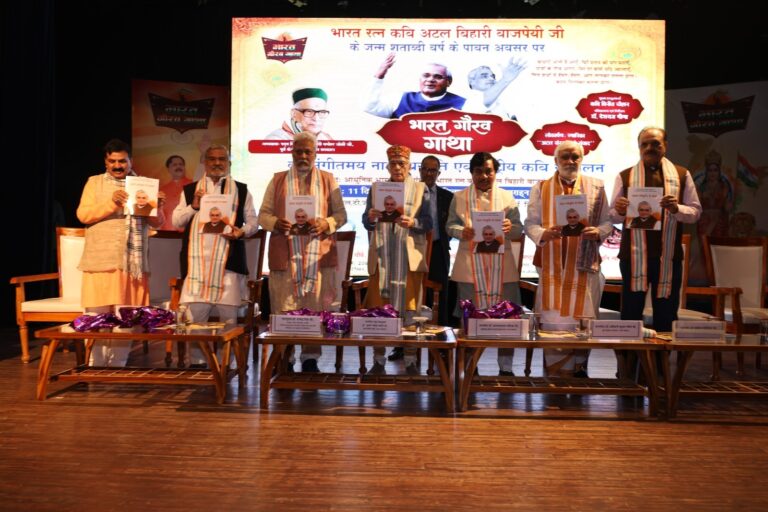

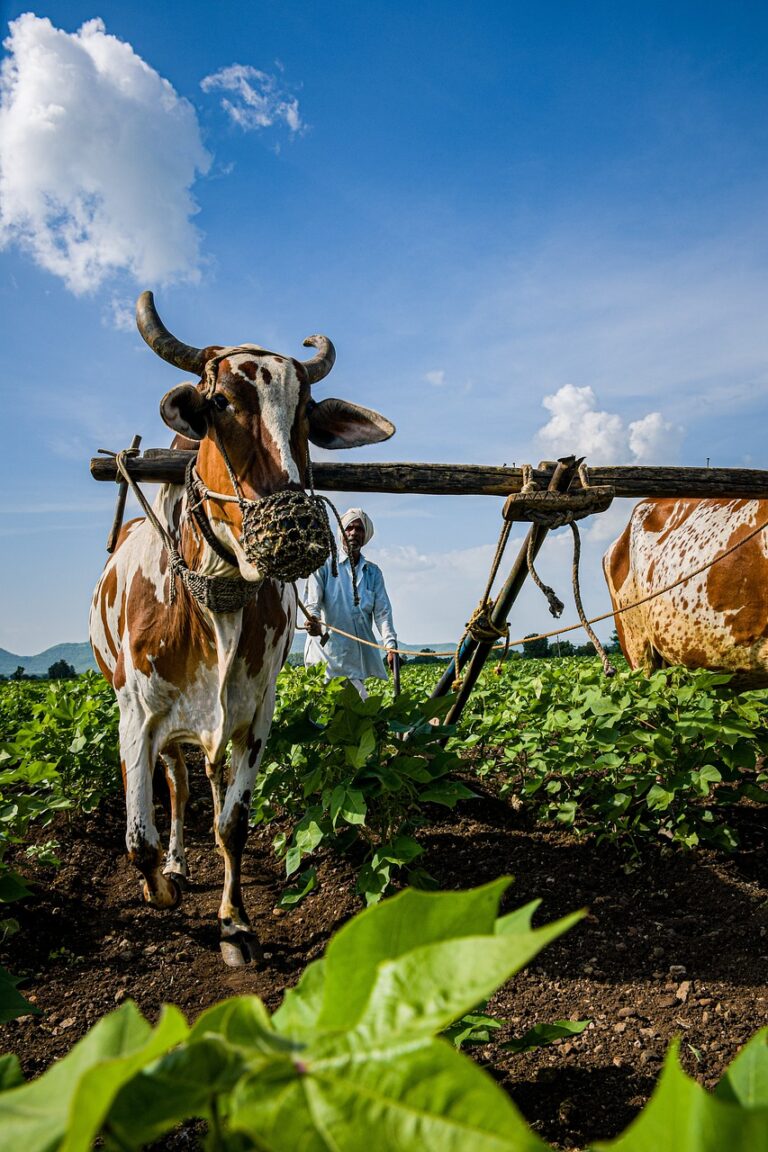

Timely post